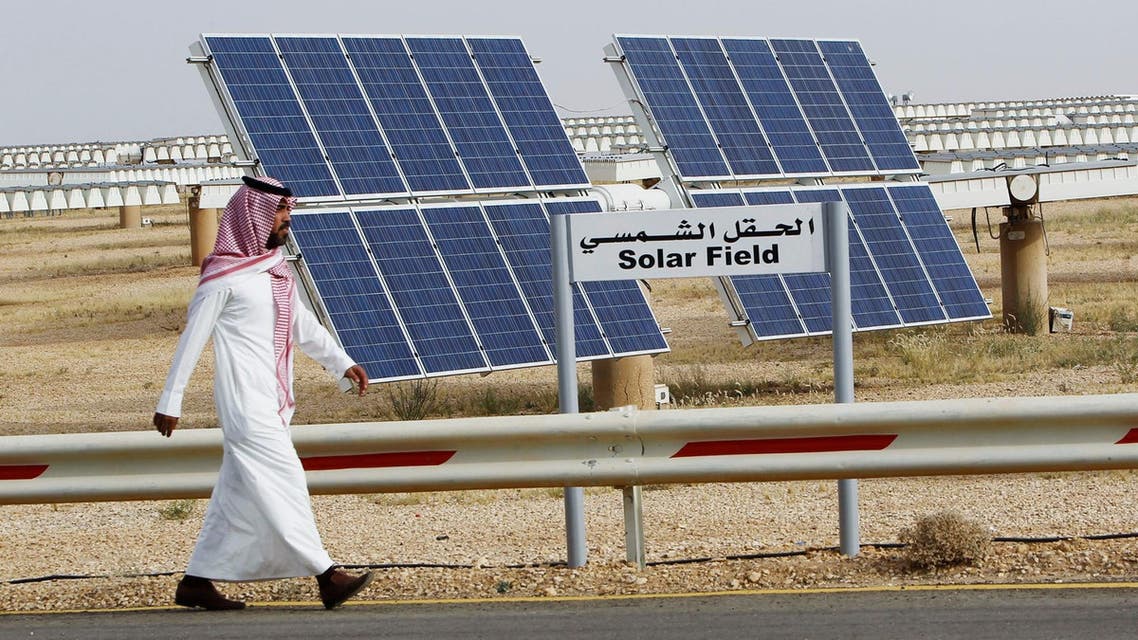Saudi Arabia has successfully jumped five places to rank 81st in the global Energy Transition Index (ETI), according to the latest edition of the World Economic Forum’s Fostering Effective Energy Transition 2021 report published on Wednesday.
Scaling the performance of energy systems in 115 economies, the report stressed that “as countries continue their progress in transitioning to clean energy, it is critical to root the transition in economic, political and social practices to ensure progress is irreversible.”
It is worth noting that the ETI benchmarks energy systems across the three dimensions of the energy triangle: economic development and growth, environmental sustainability, and energy security and access indicators – and their readiness to transition to secure, sustainable, affordable, and inclusive energy systems.
Saudi Arabia’s advancement can be traced back to the Kingdom witnessing a decade of very positive and stable performance.
In the report, the Kingdom leads its Arab neighbors in the area of energy access, security and institutional governance.
More so, it was found that Saudi Arabia has many opportunities for reaching a more positive, greener and more sustainable energy transition. They are mostly present in field of environmental sustainability.
Reducing energy intensity and carbon emissions through expanding renewable energy resources will aid the Kingdom in its energy transformation process.
Although ETI scores in the Middle East and North Africa (MENA) fell in 2020, the overall trajectory remained moderately positive, noted the report, adding that “heavy reliance on oil revenue continues to present challenges to sustainable growth.”
“Diversification of the economy and the energy system can improve prospects,” it said, adding that “several countries in the region have set out ambitious renewables targets for 2030.”
“For this region, the coming decade presents opportunities to invest in an energy transition that can unlock significant cross-system benefits,” said the report.
Nevertheless, the report warned that social, economic, and geopolitical interlinkages of the energy transition have exposed vulnerability to systemic risks and disruptions, which may threaten progress on the energy transition.
“A resilient and just energy transition that delivers sustainable, timely results will require system-wide transformation, including reimagining how we live and work, power our economies and produce and consume materials,” said Muqsit Ashraf, a senior managing director who leads Accenture’s energy practice.
“The journey to achieving such a balanced transition has been slow and daunting, but it is picking up momentum and offering countries and companies many opportunities for long-term growth and prosperity,” he added.
The report also outlined three recommendations for increasing the resilience of the energy transition process: (1) pursue a just transition by prioritizing measures to support the economy, workforces and society; (2) amplify electrification while exploring other options for decarbonizing industries; (3) attract diversified, resilient sources of capital from the public and private sectors to fund multi-year and multi-decade investments.








































admin in: How the Muslim Brotherhood betrayed Saudi Arabia?
Great article with insight ...
https://www.viagrapascherfr.com/achat-sildenafil-pfizer-tarif/ in: Cross-region cooperation between anti-terrorism agencies needed
Hello there, just became aware of your blog through Google, and found ...